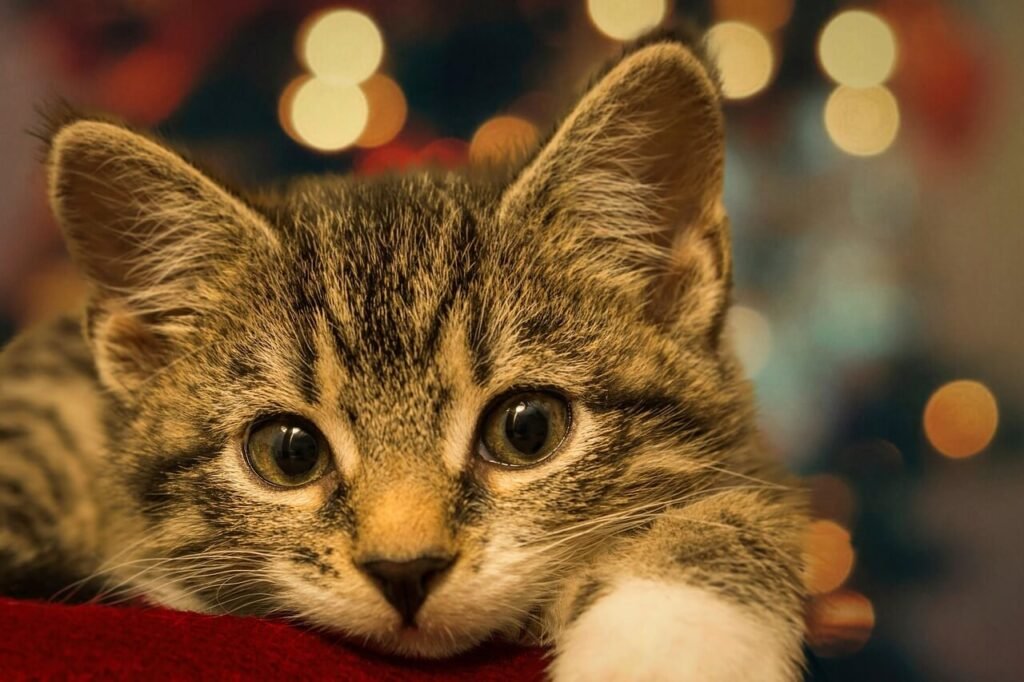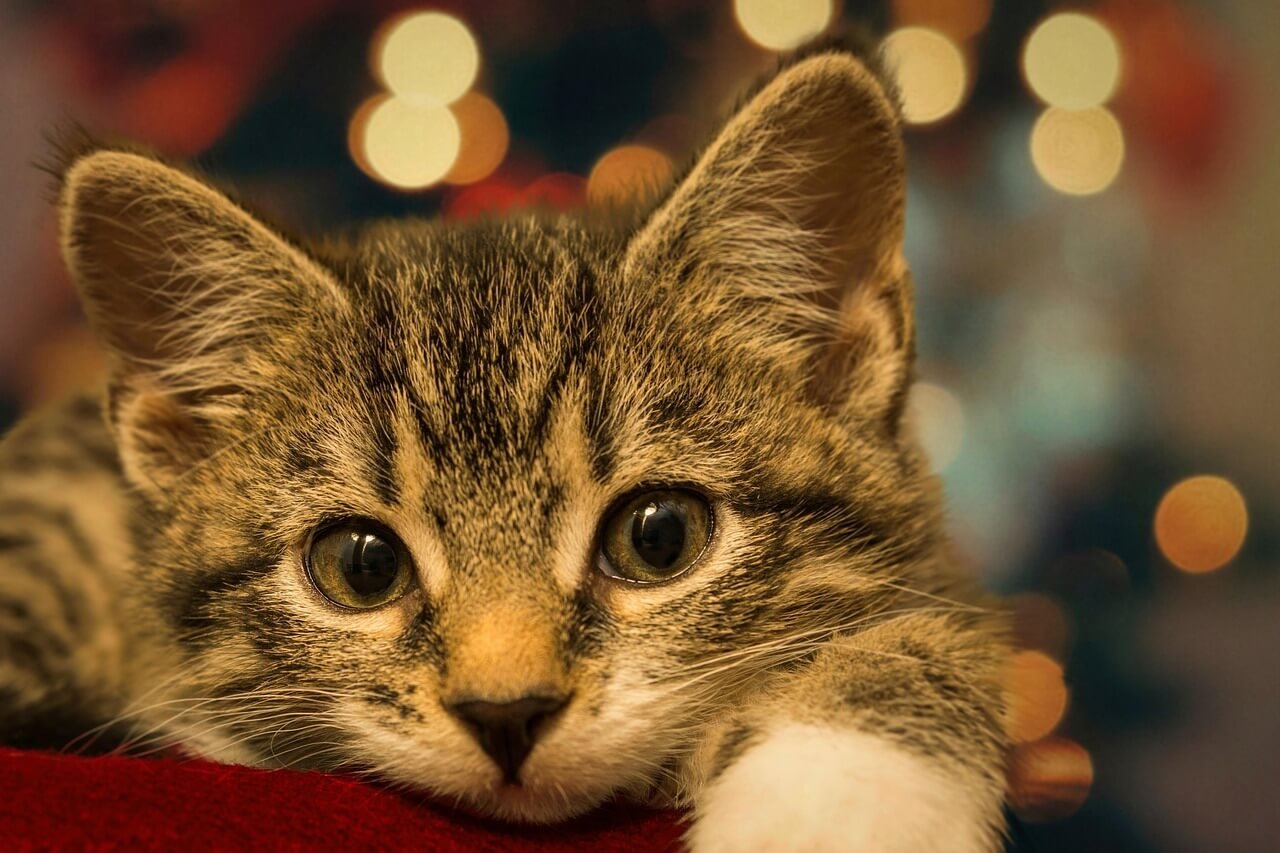Are Birds of Paradise Toxic to Cats? What Every Pet Owner Should Know
Birds of Paradise are stunning, exotic plants known for their vibrant flowers and striking appearance. These tropical beauties often grace homes and gardens, adding a touch of elegance to any space. However, if you’re a cat owner, it’s essential to consider whether these plants pose any risks to your feline friend. Cats are naturally curious creatures, and their tendency to nibble on plants can sometimes lead to trouble. In this blog post, we’ll explore whether Birds of Paradise are toxic to cats, the potential symptoms of poisoning, and how to keep your furry companion safe. Let’s dive in and ensure your home remains a safe haven for both your plants and your pets.
Understanding the Toxicity of Birds of Paradise
Birds of Paradise (Strelitzia reginae) are not considered highly toxic to cats, but they do contain compounds that can cause mild to moderate irritation if ingested. Here’s what you need to know about their potential effects:
Irritating Sap
The sap of the Birds of Paradise plant contains tannins and other compounds that can irritate a cat’s mouth, throat, and digestive system.Mild Gastrointestinal Upset
Ingesting parts of the plant may lead to vomiting, diarrhea, or drooling due to oral irritation.Skin Irritation
Direct contact with the sap can sometimes cause skin irritation or redness in sensitive cats.Low Risk of Severe Poisoning
While uncomfortable, ingestion of Birds of Paradise is unlikely to result in life-threatening symptoms.Varied Reactions
Some cats may experience no reaction at all, while others could show more pronounced signs of discomfort.
Understanding the potential risks helps you take proactive steps to protect your cat. While Birds of Paradise aren’t among the most dangerous plants, it’s still wise to exercise caution.
Symptoms to Watch For If Your Cat Eats Birds of Paradise
If you suspect your cat has nibbled on a Birds of Paradise plant, it’s important to monitor them closely for signs of irritation or poisoning. Here are some common symptoms to look out for:
Excessive Drooling
Drooling is a common sign of oral irritation caused by the plant’s sap.Vomiting
Cats may vomit as their body tries to expel the irritating plant material.Diarrhea
Digestive upset can occur if a significant amount of the plant is ingested.Pawing at the Mouth
Your cat may paw at their mouth or face if they’re experiencing discomfort or burning sensations.Lethargy
A general lack of energy or decreased activity levels may indicate your cat isn’t feeling well.
If you notice any of these symptoms, it’s best to consult your veterinarian for guidance. Early intervention can help prevent further discomfort and ensure your cat recovers quickly.
Check this guide 👉Are Roses Toxic to Cats? Best 7 Health Tips!
Check this guide 👉Are Aloe Plants Toxic to Cats? Best 7 Health Tips!
Check this guide 👉Are Chrysanthemums Toxic to Cats? Best 7 Health Tips!

Symptoms of Birds of Paradise Ingestion in Cats | What You Should Do |
|---|---|
Excessive drooling | Monitor your cat closely and remove access to the plant |
Vomiting | Offer fresh water and contact your vet |
Diarrhea | Avoid giving food until symptoms subside |
Pawing at the mouth | Rinse your cat’s mouth with water if safe |
Lethargy | Seek veterinary advice if symptoms persist |
How to Keep Your Cat Safe Around Birds of Paradise
Prevention is always better than dealing with an emergency. Here are some practical tips to keep your cat safe if you have a Birds of Paradise plant in your home:
Place Plants Out of Reach
Position your Birds of Paradise in areas where your cat cannot access it, such as high shelves or hanging planters.Use Deterrents
Apply pet-safe deterrent sprays or place citrus peels near the plant to discourage your cat from approaching.Provide Safe Alternatives
Offer cat-friendly plants like cat grass or catnip to satisfy your cat’s natural urge to chew on greenery.Supervise Playtime
Keep an eye on your cat when they’re near plants to prevent accidental ingestion.Educate Yourself
Learn about other common houseplants that are toxic to cats to create a completely safe environment.
By taking these precautions, you can enjoy the beauty of your Birds of Paradise while ensuring your cat stays safe and healthy. A little planning goes a long way in preventing accidents.
Treatment Options for Cats Who Ingest Birds of Paradise
If your cat has eaten part of a Birds of Paradise plant, prompt action can help minimize discomfort and complications. Here are some steps you should take:
Remove Remaining Plant Material
Gently remove any pieces of the plant from your cat’s mouth or fur to prevent further ingestion or irritation.Rinse Their Mouth
If safe to do so, rinse your cat’s mouth with cool water to reduce irritation from the sap.Monitor for Symptoms
Keep a close eye on your cat for signs of gastrointestinal upset or other reactions over the next 24 hours.Contact Your Veterinarian
Even if symptoms seem mild, it’s a good idea to consult your vet for professional advice tailored to your cat’s situation.Avoid Home Remedies
Do not attempt to induce vomiting or administer medications without veterinary guidance, as this could worsen the situation.
Taking these steps ensures your cat receives appropriate care and minimizes the risk of complications. Always prioritize professional advice when in doubt.
Common Misconceptions About Birds of Paradise and Cats
There are several misconceptions about Birds of Paradise and their safety around cats. Clearing up these myths can help you make informed decisions about keeping these plants in your home. Here’s what you need to know:
Myth: Birds of Paradise are completely safe for cats.
While they aren’t highly toxic, they can still cause mild irritation and digestive upset if ingested.Myth: Only the flowers are dangerous.
All parts of the plant, including leaves and stems, contain compounds that may irritate your cat.Myth: Cats will instinctively avoid harmful plants.
Cats are curious by nature and may nibble on plants out of curiosity, even if they’re harmful.Myth: A small bite won’t cause any issues.
Even a small amount of plant material can lead to drooling or vomiting in sensitive cats.Myth: Birds of Paradise are as dangerous as lilies.
Unlike lilies, which are highly toxic to cats, Birds of Paradise pose a much lower risk but should still be treated with caution.
By understanding these misconceptions, you can better assess the risks and take appropriate steps to protect your cat. Knowledge is power when it comes to pet safety.
Fun Facts About Birds of Paradise Plants
Birds of Paradise are fascinating plants with unique characteristics that make them a popular choice for gardens and homes. Here are some fun facts about these tropical beauties:
Symbol of Freedom and Paradise
The plant’s name reflects its exotic appearance, resembling a bird in flight, symbolizing freedom and paradise.Native to South Africa
Birds of Paradise originate from South Africa, where they thrive in warm, sunny climates.Long Lifespan
With proper care, these plants can live for decades, making them a long-term addition to your home or garden.Pollinated by Sunbirds
In the wild, Birds of Paradise are pollinated by sunbirds, which play a crucial role in their reproduction.Low Maintenance
Despite their exotic look, Birds of Paradise are relatively easy to care for, requiring minimal water and plenty of sunlight.
These fun facts highlight why Birds of Paradise are so beloved. However, their beauty should always be balanced with safety considerations when pets are involved.
Tips for Creating a Cat-Friendly Garden
If you’re an outdoor enthusiast who loves gardening but also wants to keep your cat safe, here are some tips for creating a cat-friendly space:
Choose Non-Toxic Plants
Opt for pet-safe plants like marigolds, lavender, or rosemary to decorate your garden without risking your cat’s health.Install Barriers
Use fencing or netting to keep your cat away from areas with potentially harmful plants.Provide Shade and Shelter
Ensure your cat has access to shaded areas and cozy spots to rest while exploring the garden.Avoid Harmful Chemicals
Use organic fertilizers and pest control methods to prevent accidental poisoning.Supervise Outdoor Time
Keep an eye on your cat during outdoor adventures to ensure they don’t wander into unsafe areas.
By designing a garden that’s both beautiful and safe, you can enjoy the best of both worlds—your love for plants and your commitment to your cat’s well-being. A little planning ensures harmony between flora and feline.
Frequently Asked Questions About Birds of Paradise and Cats
Are all types of Birds of Paradise toxic to cats?
Most varieties, including Strelitzia reginae, contain compounds that can irritate a cat’s digestive system but are not highly toxic.
What should I do if my cat eats a leaf from a Birds of Paradise?
Monitor your cat for symptoms like drooling or vomiting, and contact your vet for advice if you’re concerned.
Can Birds of Paradise cause severe poisoning in cats?
While uncomfortable, Birds of Paradise are unlikely to cause life-threatening poisoning in cats.
Are there any safe indoor plants for cats?
Yes, plants like spider plants, Boston ferns, and African violets are generally considered safe for cats.
How can I train my cat to avoid eating plants?
Use positive reinforcement, deterrents, and provide cat-friendly alternatives to redirect their behavior.
Creating a Safe and Beautiful Space for Cats and Plants
Birds of Paradise are undeniably beautiful, but their potential to irritate curious cats means pet owners must take precautions. By understanding the risks and implementing safety measures, you can enjoy the elegance of these plants without compromising your cat’s well-being. Remember, prevention is key—keeping hazardous plants out of reach and providing safe alternatives ensures harmony between your love for greenery and your commitment to your furry friend. With a little effort and care, you can create a home that’s both visually stunning and completely safe for your beloved pet. After all, a happy cat makes for a happy household!
Do Cats Have Taste Buds? Best 7 Expert Tips! – Discover how cats experience flavors and why their taste is so unique.
Do Dogs Have Taste Buds? Best 7 Expert Tips! – Discover how dogs experience taste, their preferences, and what it means for their diet and health.
Can Cats Taste Sweet? Best 7 Expert Tips! – Discover why cats can’t taste sweetness, how it affects their diet, and tips to keep them healthy and happy.
Can Dogs Taste Sweet? Best 7 Expert Tips! – Discover how dogs perceive sweetness, which foods are safe, and tips to manage their sweet cravings responsibly.





